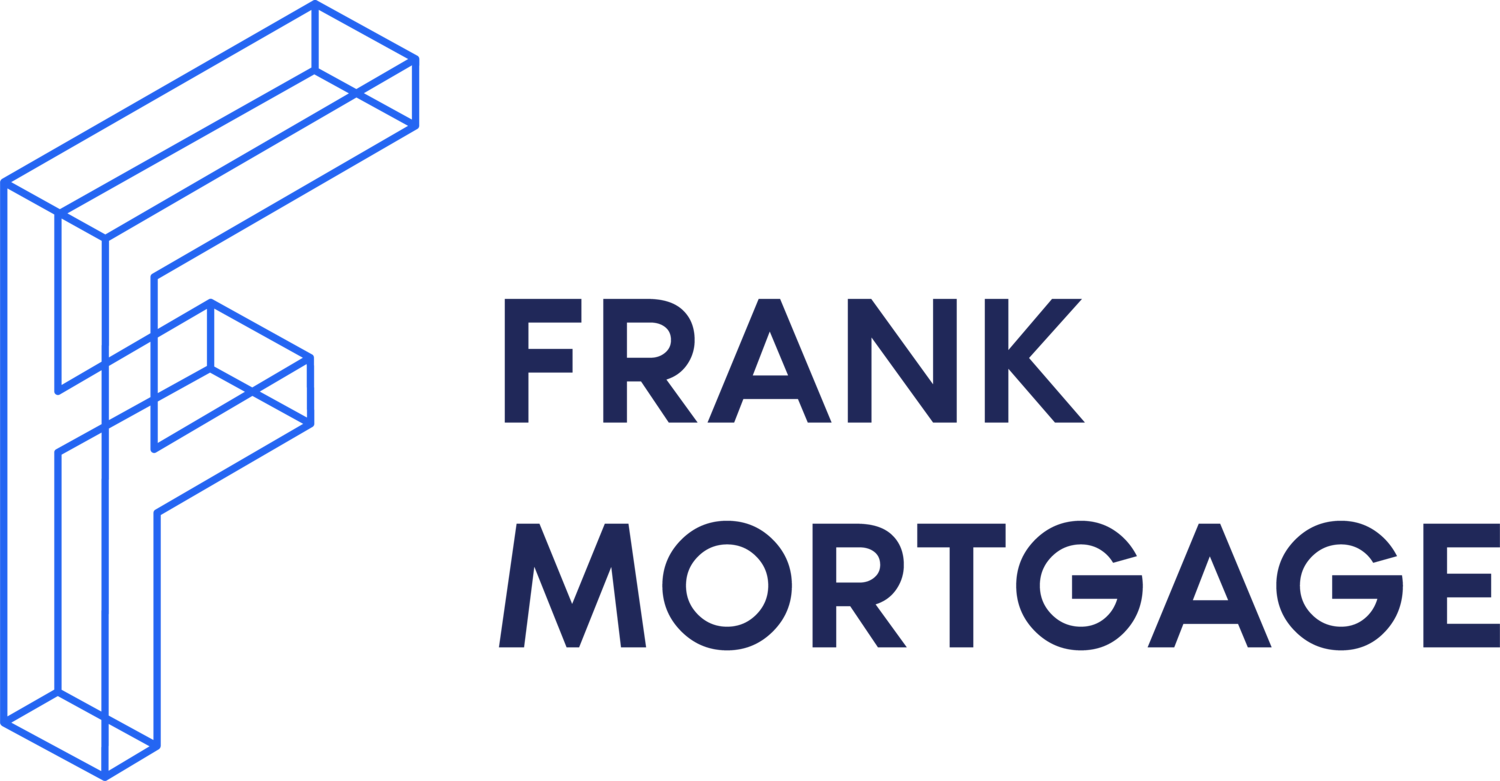Self-Employed Mortgage Requirements
The work environment in Canada has changed in recent years. The appeal of a self-employed career is growing, and it is estimated that close to 20% of Canadians are now self-employed. Having more control over your hours, the projects you work on, and your finances is appealing. The recent pandemic has only accelerated this change to more independent and contract work.
The downside may be that you no longer have a regular paycheck and company paid benefits. The lack of a regular paycheck doesn’t necessarily mean you can’t qualify for a mortgage. Such traditional proof of ‘traditional income’ is often something many don’t have when it comes to applying for a mortgage. Lenders have different approaches to evaluating a self-employed borrower, but most lenders do business with this customer type. You just need to know how to qualify.
In this blog post we discuss issues facing self-employed mortgage borrowers in Canada, including lender criteria, documentation requirements, lender options, and tips for getting a mortgage when self-employed.
Who is Considered Self-Employed in Canada?
You are generally considered self-employed if you own a business where you work. The business can be a a sole proprietorship, partnership, or incorporated entity. Common types of self-employed workers include independent contractors, freelance professionals, commission-based salespeople, shop owners, and other business owners who do not receive a regular salary from a third-party employer.
What is a Self-Employed Mortgage?
Self Employed mortgages are also often referred to as Business-For-Self (BFS) mortgages. Unlike conventional or traditional mortgages, which are designed for borrowers with consistent annual salaries, self-employed mortgages cater to individuals with variable and sometimes harder-to-prove incomes. A salaried borrower can simply produce the last two years of tax documentation showing what they have earned in the past as well as recent pay stubs to show what they are currently earning. Due to the nature of self-employment, business owners often write off expenses and claim tax deductions, resulting in lower official incomes. This can make meeting the requirements of a conventional mortgage difficult.
Self-employed mortgages offer more flexible income guidelines and document requirements than conventional mortgages, accommodating the unique financial situations of self-employed individuals.
Where Can You Get a Self-Employed Mortgage in Canada?
Most lenders in Canada will provide mortgages to self-employed borrowers, including banks, credit unions and monoline lenders.
A-lenders have products specifically designed for self-employed borrowers. Like any mortgage borrower, you will be required to pass the stress test and their lending criteria. They may require mortgage default insurance be in place to approve the mortgage, but if you have a down payment of greater than 20% of the property value this may not be necessary. If you can qualify, they offer the best rates, so they are typically the best option.
The B-lenders offer more flexibility for self-employed borrowers who cannot meet the strict criteria of the A-lenders. The B-lenders have higher mortgage rates than the A-lenders and will often charge an upfront fee.
There are also private lenders that may be more flexible and have fewer underwriting restrictions. However, they do often charge much higher rates, often in the 7% to 15% range, as well as high upfront fees. Their mortgages are also for shorter terms of only one or two years.
Qualifying for a Self-Employed Mortgage
To qualify for a self-employed mortgage, lenders will want to see that you have been in the same area of work or operated your business for a at least two years (although some lenders require three years). Additionally, you will need to provide personal tax notices of assessment for at least the prior 2-3 years and a variety of business documents, as described below.
If you can provide the necessary documentation and meet the income requirements, you may be eligible for mortgage products and rates similar to traditional borrowers, particularly if your mortgage is insured. Nevertheless, rates can vary widely between lenders, so it is best to shop around.
If you cannot prove your self-employed income, you may still qualify for a mortgage (see Stated Income Mortgage below) with a higher down payment and a good credit history.
Income Verification for Self-Employed Mortgages
Most self-employed borrowers will be considered to have non-traditional income. Borrowers in the traditional income category can qualify using income documents and personal tax returns. Most self-employed borrowers need to use bank statements and financial statements to tell their story and to verify their income because their tax returns don’t show their real income.
There is also a category of mortgage called stated income. This is where the borrower is unable to verify their income through traditional or non-traditional means. There are some mortgage default insurance programs for this type of mortgage available for A-lenders, but these mortgages are often done with B or Alt lenders and private lenders. Stated income mortgages tend to have higher rates than other self-employed mortgage types.
Required Documents for a Self-Employed Mortgage
Due to the different nature of income being earned, a self-employed borrower will need to provide the following to a lender:
Your notice of assessment (NOA) for the past 2 or 3 years will be required by the lender. If you have sufficient income to qualify for the mortgage, the NOA is the most direct way for the lender to verify your income history. However, the NOA may not tell the whole story.
Income and employment documentation requirements are more extensive for a self-employed borrower and may include the following:
Personal and business credit scores;
Financial statements and bank statements for the business;
Proof that all taxes, including HST/GST are paid in full;
Business license;
Proof that you are a principal owner of the company;
Contracts showing potential business revenue going forward; and
Business documents like articles of incorporation and business license.
Each lender may have their own documentation requirements. Work with your mortgage broker in advance to understand your chosen lender so you can be prepared to pass their requirements.
How to Find a Self-Employed Mortgage
While the qualification criteria for a self-employed mortgage are more extensive than for a traditional mortgage, there are many lending alternatives available. The best way to gain access to the alternatives, evaluate what is best for you and proceed with a self-employed mortgage application is to work with an experienced mortgage broker.
You may be loyal to your bank and look to it for a mortgage solution if you are self-employed. This may result in a mortgage offer, but you should be aware that the market is competitive, and the banks often do not have the best mortgage rates. Your loyalty to your bank should not cost you money. Not only may the rates be better elsewhere but the qualifying criteria may not be as strict.
The qualifying criteria can differ greatly between lenders. Some of the B-lenders and private lenders generate all their business through mortgage brokers so you won’t have access to them otherwise. If you choose to work directly with a lender who rejects your application, you may not know where to turn. A mortgage broker can navigate the market for you so that you don’t get rejected and help you find the lender with the best fit and best rate for you.
Self-Employed Mortgage Default Insurance
A-lenders require mortgage default insurance when you have a down payment of less than 20% of the property value. There are three large mortgage default insurers in Canada – the Canada Mortgage and Housing Corporation (CMHC), Sagen MI, and Canada Guaranty. These insurers provide mortgage default insurance coverage that protects lenders when borrowers default on their mortgage payments.
A few key restrictions common with the mortgage default insurers include:
Maximum property value of $1 million;
Minimum down payment of 5% of the property value for a primary residence (20% if it is a rental property);
Maximum amortization period of 25 years;
Maximum gross debt service ratio of 39% and maximum total debt service ration of 44%. See here for a discussion on these ratios - Gross Debt Service (GDS) Ratio and Total Debt Service (TDS) Ratio.
Minimum credit score of 600.
The lender will need you to pass the underwriting criteria for the mortgage default insurer when applying for insurance coverage.
Stated Income Mortgage
Stated income mortgages are not as popular as they were in the past, but they are still available at many lenders. A stated income mortgage allows a borrower to declare their income without needing to provide financial statements or NOAs/tax returns as proof. This type of mortgage may benefit borrowers who cannot verify their income through traditional or non-traditional methods or with variable income borrowers like those with commission-based incomes. While an applicant can “state” their income, the lender will look at comparable income levels in the industry and the applicant’s level of experience to help determine if the income is reasonable. If not, the mortgage will be declined.
Stated income mortgages often come with higher down payment requirements. While the minimum down payment requirement for most insured mortgages is 5%, for a stated income mortgage it is 10%. If the stated income mortgage is uninsured, the minimum down payment requirement is often 35%. Lenders also charge higher interest rates for stated income mortgages.
Final Thoughts
Securing a self-employed mortgage is possible with the right preparation. Understanding lender requirements is key. By working with a mortgage broker, you can increase your chances of finding a lender that specializes in self-employed mortgages and offers favorable terms. Your chances of being approved increase the higher your income, the stronger your credit score and the larger your down payment.
If you are looking for a reputable mortgage broker to help you find a self-employed mortgage, please call us at 1-888-850-1337 or connect with us at Frank Mortgage. Our experienced team of licensed mortgage agents can find you your best self-employed mortgage deal from a long list of Canada’s best mortgage lenders.
Self-Employed Mortgage FAQ
-
Applicants with the strongest profiles get the best mortgage rates. Being able to verify your income with pay stubs and tax documents is a big advantage. For insured mortgages, self-employed borrowers can often get the same rates as traditional borrowers. For uninsured mortgages, the incremental risk to a lender resulting from a self-employed applicant not being able to easily verify income can lead to higher rates.
-
Yes, you can. At Frank Mortgage we process pre-approvals for self-employed borrowers with many of our lenders.
-
Yes, you can still qualify for a self-employed mortgage if you have recently become self-employed. You will need to provide proof of sufficient cash reserves, predictable earnings, relevant education or training, and a strong credit history and score.
-
Yes, you can obtain a self-employed mortgage without proof of income if you have a good credit history and can provide a minimum down payment of 10%. The mortgage will require mortgage default insurance from either Sagen MI or Canada Guaranty (CMHC does not offer mortgage default insurance on stated income mortgages).
-
Getting a mortgage doesn’t need to be difficult and, if you get the right help and choose a good lender, the process can be straight-forward. Having said that, the documentation requirements for a self-employed mortgage are greater than for a traditional mortgage. Detailing self-employed income can require additional paperwork. The more proof of income you can provide, the better the outcome, so the extra work is worth it. Some A-lenders, like the banks, are very strict and can often say no. It is worthwhile to work with a mortgage broker to ease you through the process and make sure you work with a co-operative lender that will say yes.

Don Scott
Don Scott is the founder of a challenger mortgage brokerage that is focused on improving access to mortgages. We can eliminate traditional biases and market restrictions through the use of technology to deliver a mortgage experience focused on the customer. Frankly, getting a mortgage doesn't have to be stressful.
Connect with Don on LinkedIn!


